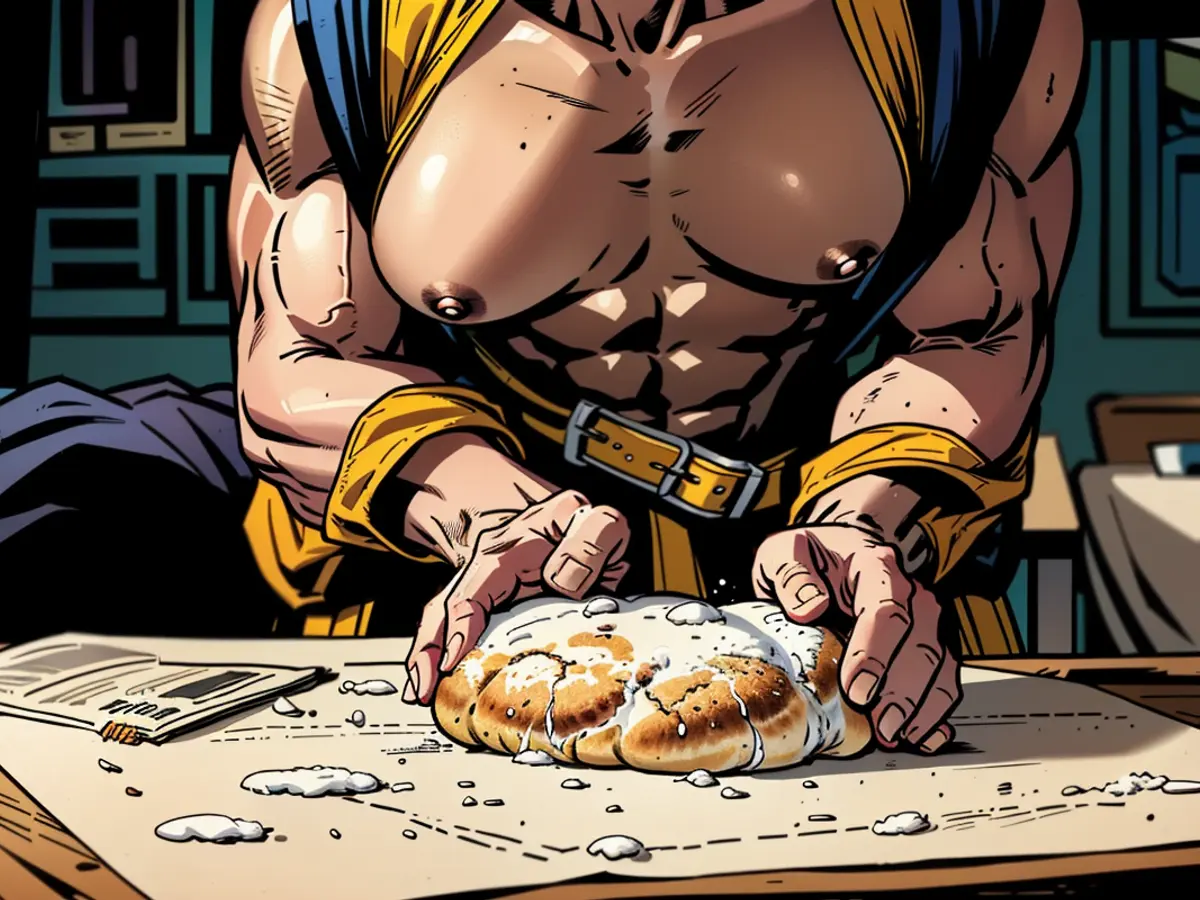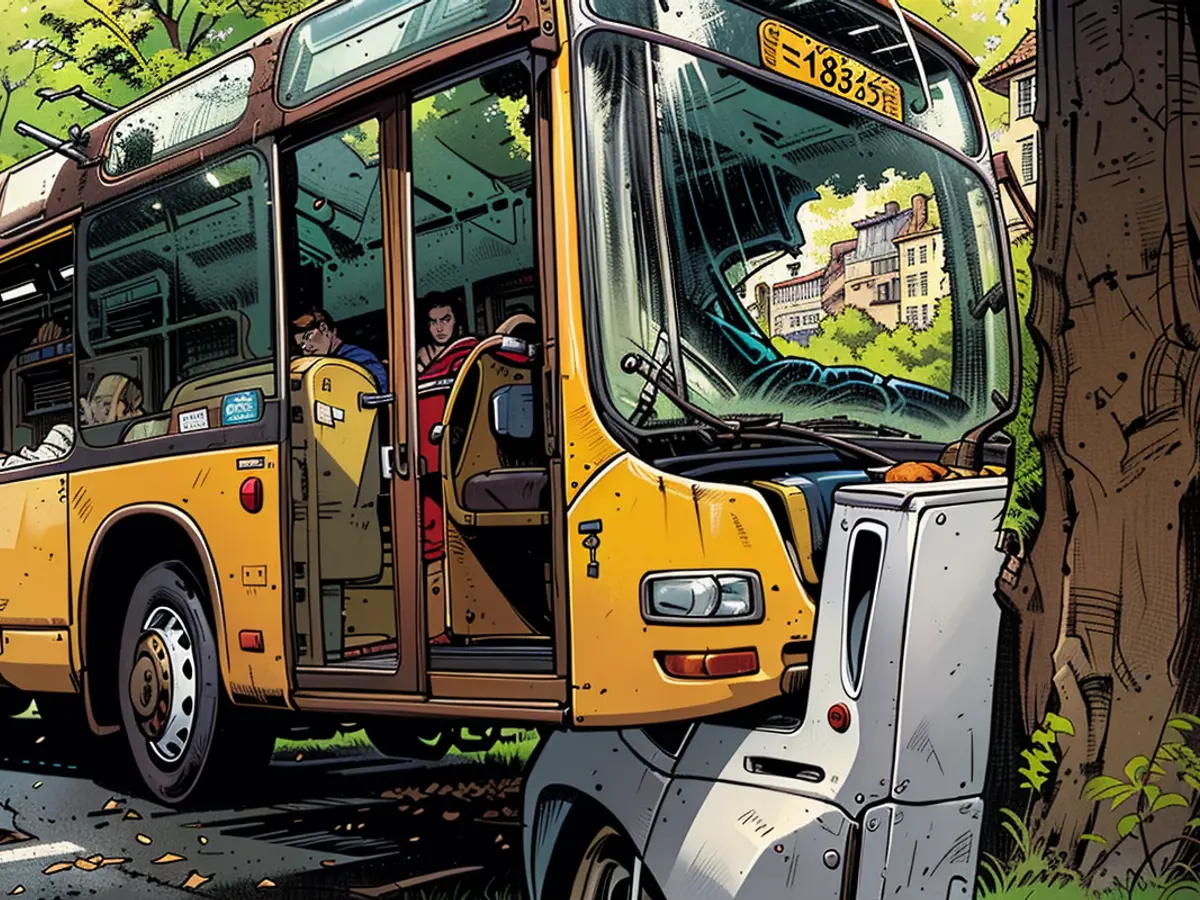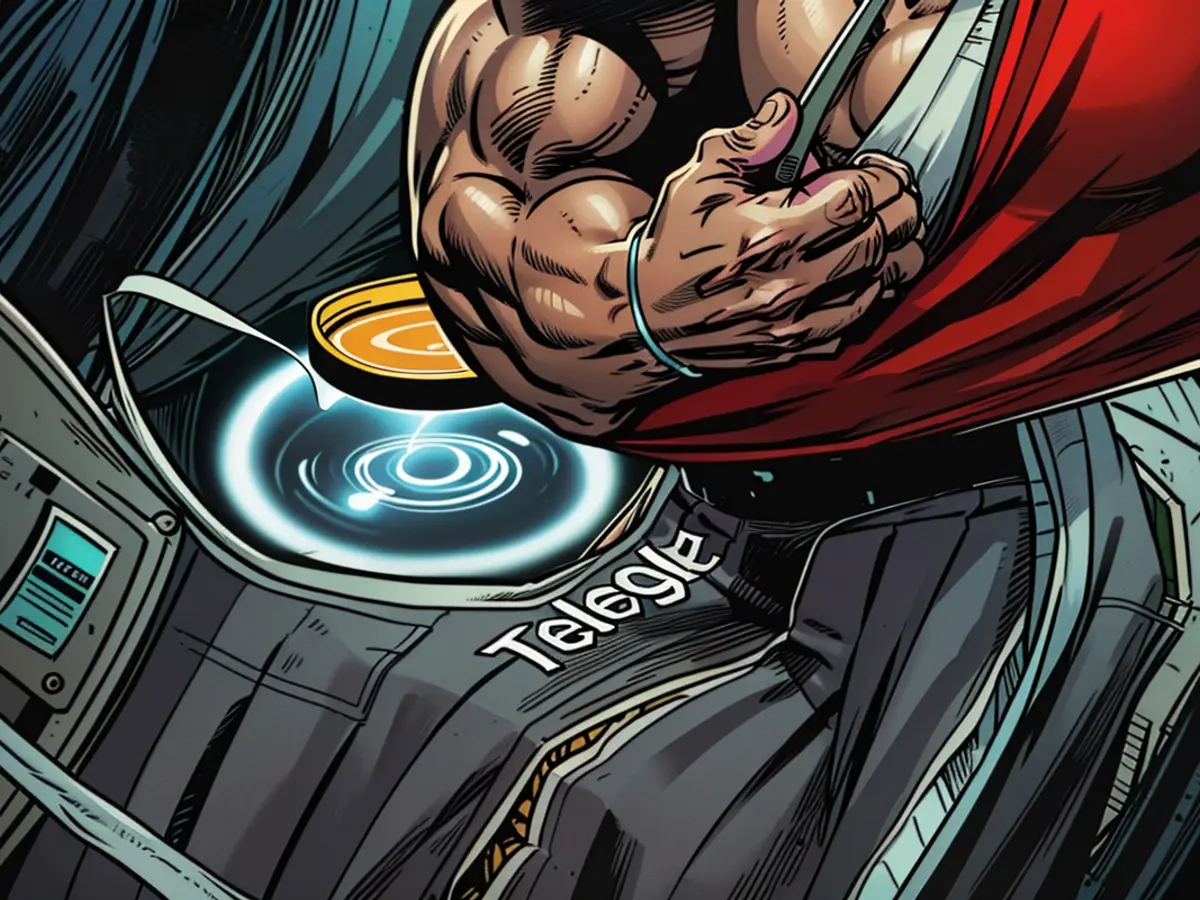El zumbido que rodea a los panes diarios
En oposición a la tendencia principal de panaderías en cadena y pan hecho en fábrica, han surgido pequeñas panaderías artesanales donde puedes ver cómo se amasa la masa y entender los ingredientes que van en tu comida matutina.
En una mañana de verano húmeda, los primeros clientes begins a gotear en "Backwelt", explorando los estantes llenos de herramientas de panadería y literatura o abasteciéndose de diferentes tipos de harina de contenedores al por mayor. Dos grupos de damas charlan en las mesas rústicas adornadas con ramos de flores silvestres mientras desayunan. La vibra fresca se amplifica por "Malo" de Billie Eilish sonando suavemente de fondo, mientras un empleado alegre sirve café humeante y un pastel esponjoso de fresa - una creación diaria de la propietaria Christina Bauer. La bloguera, autora y granjera austriaca es la mente maestra detrás de "Baking with Christina", ha escrito varios libros de cocina y opera una granja en Lungau con su esposo.
El amor de Christina Bauer por la repostería y el desarrollo de recetas es evidente. Hace unos años, comenzó a preparar rollos para los visitantes de la granja en las mañanas, lo que eventualmente se convirtió en un negocio floreciente. Comenzó a enseñar clases de repostería en su propia cocina, y en 2021 abrió "Backwelt" en su ciudad natal de Tamsweg, combinando cafetería, panadería y tienda. El aroma acogedor de pasteles dulces llena el aire, el relleno de fresa se derrite en la lengua y una sonrisa contenta ilumina el rostro de Christina Bauer.
Ella claramente visualiza un ambiente calmado y acogedor. La mujer de 37 años aparta un mechón de pelo rubio suelto, explicando: "Este es un lugar donde la gente se siente cómoda y no hay estrés. Todo el mundo tiene tiempo y todo el mundo está feliz de aprender más sobre la repostería aquí".
Christina Bauer recibe regularmente a visitantes de todo Austria y Alemania en visitas guiadas. Los eventos siempre están completamente reservados, dice ella, con la multitud participando entusiasmadamente en cursos de repostería en la gran cocina y disfrutando de los deliciosos productos directamente del horno. Opciones de desayuno sustanciosas, como un rollo de brioche, mermelada y queso, también están disponibles y provienen de los agricultores y proveedores locales de Lungau. "Usamos casi exclusivamente ingredientes regionales. Entonces, sé exactly what's in it", explains Christina Bauer. "Even the flour we sell unpackaged comes from Austrian grain".
Liesbeth, Till, and Sofi
The concept of letting customers watch the kneading process is in high demand. The appreciation for freshly baked goods is off the charts. Austria, particularly Germany, is known for its diverse bread selection: with around 3200 registered varieties, UNESCO declared German bread culture an intangible cultural heritage in 2014. Whole grain bread is extremely popular. Many Europeans pine for the crispy crust that is scarce in countries primarily worshiping white bread. As early as 1941, Bertolt Brecht complained in his diary during his exile in the USA: "There is no real bread in the states, and I love bread."
Our go-to bread sellers have shifted. According to the Central Association of German Bakers, the number of artisanal bakeries in Germany has plummeted from approximately 55,000 to 9,607 businesses servicing 45,000 sales points across Germany over the past 60 years. A centuries-old tradition struggles to keep up with cheap bread from supermarkets and bakery kiosks. However, lines form outside establishments like "Sofi Bakery" in Berlin, the authentic sourdough bakery "Brotique" in Stuttgart, "Till & Brot," the business of bread sommelier Tillman Gurka in Freiburg, or "Liesbeth" at Mainz Harbor: Small businesses where high-quality, often regional ingredients are transformed by hand into captivating baked goods in a cozy setting, like miniature artistic masterpieces. To savor this opposition to cheap bread, one often needs to dig deeper into their wallets and settle for organic fare.
"Our Homemade Bread"
A luxury lifestyle is also peddled beyond the bread of existence. The "Sofi Bakery" website, for example, offers T-shirts and sweaters displaying the bakery's address, cobalt blue tote bags, ceramic plates, and granola in a jar. Premade orders for the famous "Berlin Loaf" are also available to skip lines. It's no coincidence that the name sounds like an expensive fashion commodity – behind the exclusive Berlin bread manufactory is Danish chef and gastronome Frederik Bille Brahe, whose Copenhagen restaurants cater to the fashion elite and celebrities, such as his sister, renowned jewelry designer Sophie Bille Brahe, and his wife, top model Caroline Brasch Nielsen. Needless to say, the minimalist interior and design would feel right at home in a lifestyle magazine.
Over 50,000 followers flock to the "neighborhood bakery" on Instagram – the local bakery that sells its produce with elegantly chic photos. The new cult bakeries share this common trait: They target a younger generation of bread enthusiasts through social media marketing and boast wide-reaching impact. In the case of Austrian Christina Bauer, over 168,000 people eagerly await updates from the bakery.
folks often get tired of mass-produced bread and enjoy the DIY approach at home. As Christina Bauer puts it in her cooking guide, "The sensation of kneading dough, the dusting of flour from your fingertips, the aroma of freshly baked loaves - once you've tasted homemade bread, you're hooked for life." In her café, she proudly admits serving nothing but homemade goodies: "Our staple is a traditional blend, our household favorite, a bread we can't afford to run out of."
Christina Bauer se asegura de que su panadería utilice principalmente ingredientes regionales para sus necesidades alimentarias, creyendo en la calidad y transparencia que ello conlleva. La atmósfera rústica de "Backwelt" permite a los clientes aprender sobre el arte de la panadería y disfrutar de opciones de desayuno casero recién salidos del horno.








